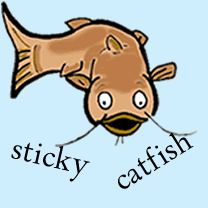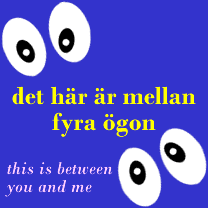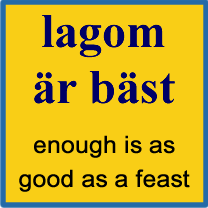Another dog-related idiom that came up this week was dog-eared which is often used to refer to books with pages that are bent, somewhat ragged and or with the corners turned down.
The equivalent in French is écorné which means dented, dog-eared, tatty or thumbed. It comes from the verb écorner, which means to remove the horns of; dehorn, to chip or dent, to dog-ear, or to turn down the corner of [source].
As a bibliophile it pains me to see un livre écorné (a dog-eared book), and I never turn down the corners of pages, or write notes in the margins, crack the spines, or overwise harm books. It just feels wrong. Some of my books have become a bit dog-eared, however, due to being read many times.
When I was trying to think of a way to describe a particularly dog-eared French dictionary, the first phrase that came to mind was that it was a bit badgered. I thought I’d read about things being badgered in this way somewhere, possibly in one of Terry Pratchett’s books*, but the person I was talking to had never heard it.
Then I came up with foxed, which means “of paper, having yellowish-brown stains”, according to Wiktionary. This wasn’t quite the expression I was looking for either. Then we settled on dog-eared.
The verb to badger, meaning to annoy persistently or persuade through constant efforts, does exist [source], so people might be badgered, but does anybody use badgered to describe a book or something else that looks like it’s been attacked by badgers?

*The book is Guards! Guards! and the quote is “The Summoning of Dragons. Single copy, first edition, slightly foxed and extremely dragoned.” – so not badgered after all.





